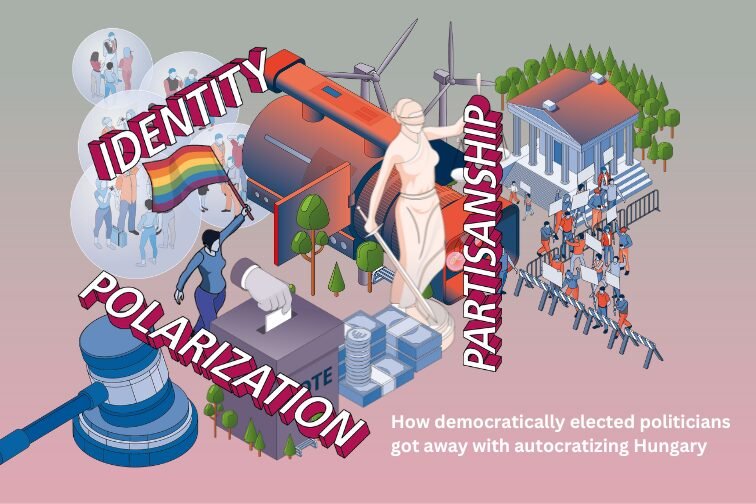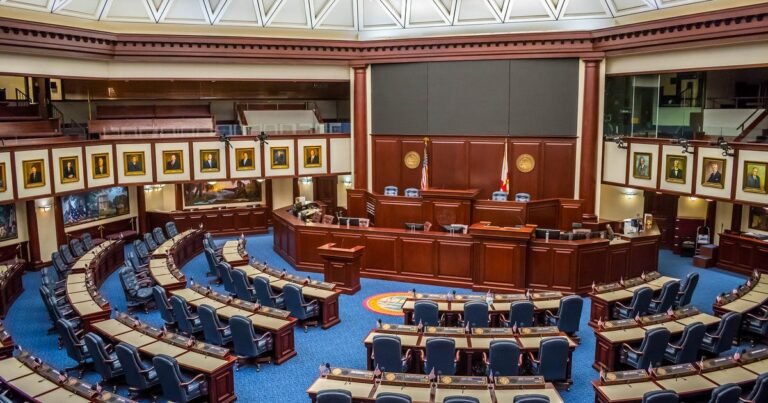The State of American Politics
I recently watched a TikTok that really got to me. It was not the usual clickbait or exaggerated outrage we often scroll past. This video, from @brendonfreakinglemon, was a blunt and honest take on where America is politically—and it hit me harder than I expected. The speaker, clearly frustrated and tired, described a nation where voters are less guided by logic or principles and more by surface-level concerns. Sadly, I find myself agreeing with much of what was said, and that is a tough pill to swallow.
For years, I have believed—and maybe hoped—that we could fix our political divisions with enough facts, empathy, and conversation. I have championed that approach, trusting in education and dialogue to bring people together. But this TikTok called out that belief as unrealistic. The speaker said flat out: this is not a country full of critical thinkers. Instead, everyday concerns—things like paying the bills, buying groceries, or impressing loved ones—are used by those in power to control people. It is hard to argue with that, and it is both scary and true.
The speaker even compared this to Germany in the 1930s, which feels extreme but is worth considering. Back then, many people praised Adolf Hitler for pulling Germany out of an economic crisis and “getting things done,” even while he destroyed democracy and set the stage for atrocities. Today, we see a similar pattern—people shrug off big threats to democracy because they are more focused on things like the cost of eggs or gas. Those everyday issues drown out the warning signs of something far worse.
What shook me most was the idea that the tools we often rely on—shame, facts, and appeals to morality—do not work. I have always believed in the power of truth and thoughtful dialogue. But what happens when the other side does not care about truth or reason? When power is all that matters? The speaker pointed out something I cannot deny: you cannot shame people who feel no shame. You cannot force them to act differently by calling them out. And that realization has made me question the effectiveness of strategies I have believed in for so long.
The truth is, the left (and I include myself here) has clung to the idea that truth and reason will win the day. We fact-check, we correct, we lecture—all in hopes of changing minds. But the speaker was right: these efforts do not work, and sometimes they even backfire. It is not that these tactics are wrong in principle, but they just are not effective in practice. If we do not adjust, if we do not shift from relying on truth to understanding and using power, we are not just risking elections—we are risking democracy itself.
So, what now? Admitting that power and force are the language of the other side feels like playing a game I never wanted to play. But ignoring that truth is not an option anymore. The speaker’s conclusion, that the left needs to get serious about power, is one I am reluctant to accept—but I cannot ignore it. If we keep sitting back, preaching to the choir about morality and truth, we will one day find that those things no longer matter, because the systems that protect them will be gone.
I wish I had a clear plan or an easy solution, but I do not. What I do know is that we are at a turning point. The decisions we make now will not just shape the next few years—they will determine the future of this country. We have to connect with people where they are, addressing their real, everyday concerns without losing sight of the bigger picture. And we have to do it with urgency, because the stakes could not be higher.
I reluctantly agree with the TikTok speaker’s grim view. But agreeing does not mean giving up. It means stepping back, rethinking our approach, and recognizing that this fight for democracy is not just about being right—it is about being effective. The question is, are we ready to face that challenge? And more importantly, are we willing to do what it takes?
I still have hope.







